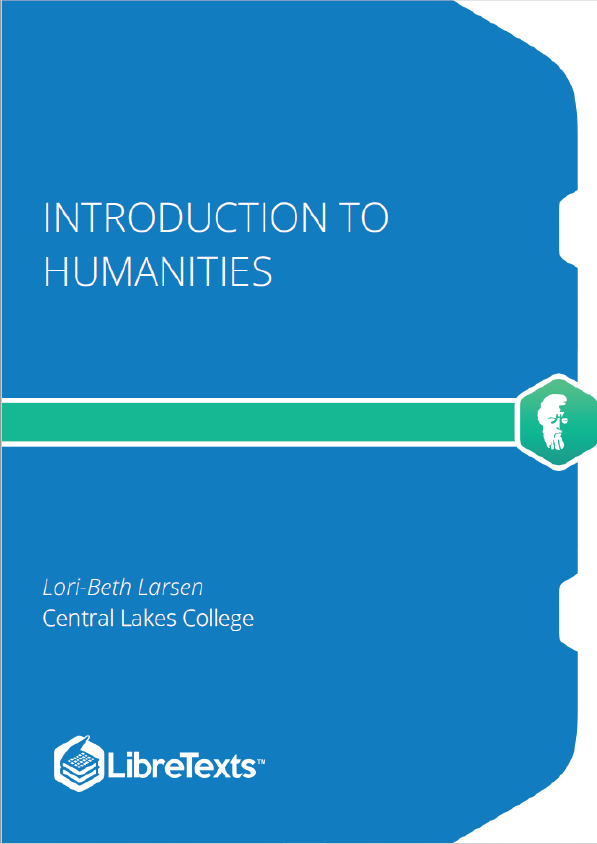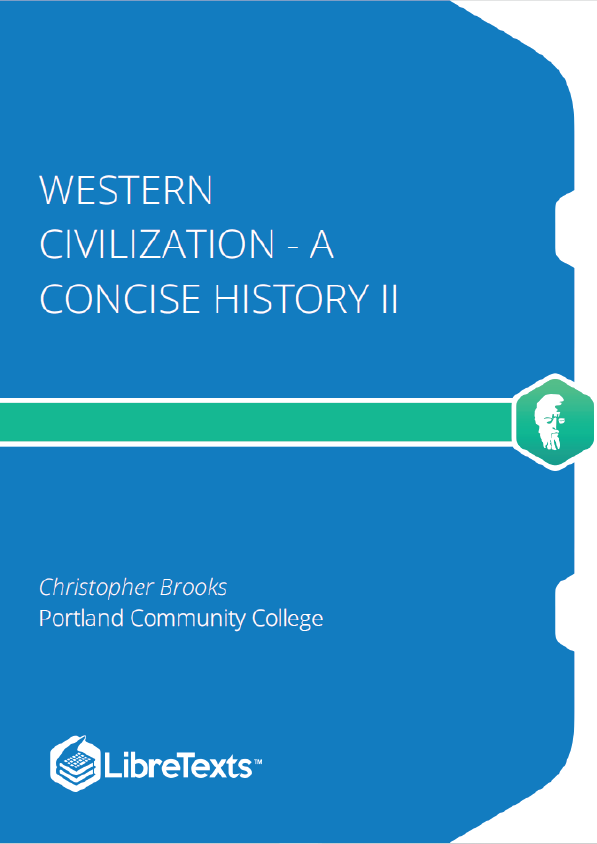Philosophy (from Greek: φιλοσοφία, philosophia, ‘love of wisdom’ is the study of general and fundamental questions about existence, knowledge, values, reason, mind, and language. Such questions are often posed as problems to be studied or resolved. The term was probably coined by Pythagoras (c. 570 – 495 BCE). Philosophical methods include questioning, critical discussion, rational argument, and systematic presentation.
Classic philosophical questions include: “Is it possible to know anything?”, and if so, “Can we prove it?” Philosophers also pose more practical and concrete questions such as: “Is there a best way to live?”, “Is it better to be just, even if one could get away with being unjust?”, ‘do humans have free will?’
Historically, philosophy encompassed all bodies of knowledge. From the time of Ancient Greek philosopher Aristotle to the 19th century, “natural philosophy” encompassed astronomy, medicine, and physics. For example, Newton’s 1687 Mathematical Principles of Natural Philosophy later became classified as a book of physics.
In the 19th century, the growth of modern research universities led academic philosophy and other disciplines to professionalize and specialize. In the modern era, some investigations that were traditionally part of philosophy became separate academic disciplines, including psychology, sociology, linguistics, and economics. Other investigations closely related to art, science, politics, or other pursuits remained part of philosophy. For example, is beauty objective or subjective? Are there many scientific methods or just one? Is political utopia a hopeful dream or hopeless fantasy?
Major subfields of academic philosophy include metaphysics, which is concerned with the fundamental nature of existence and reality; epistemology, which studies the nature of knowledge and belief; ethics, which is concerned with moral value; and logic, which studies the rules of inference that allow one to deduce conclusions from true premises. Other notable subfields include philosophy of science, political philosophy, aesthetics, philosophy of language, and philosophy of mind.
Philosophy and religion often go hand in hand. As you take a look at the world’s five major religions, answer the questions below. The five major world religions – John Bellaimey
It’s perfectly human to grapple with questions, like ‘Where do we come from?’ and ‘How do I live a life of meaning?’ These existential questions are central to the five major world religions — and that’s not all that connects these faiths. John Bellaimey explains the intertwined histories and cultures of Hinduism, Judaism, Buddhism, Christianity and Islam.











